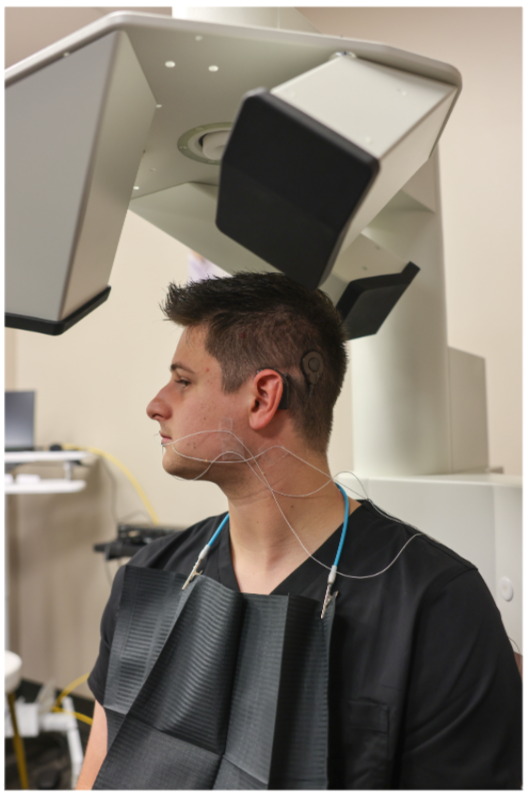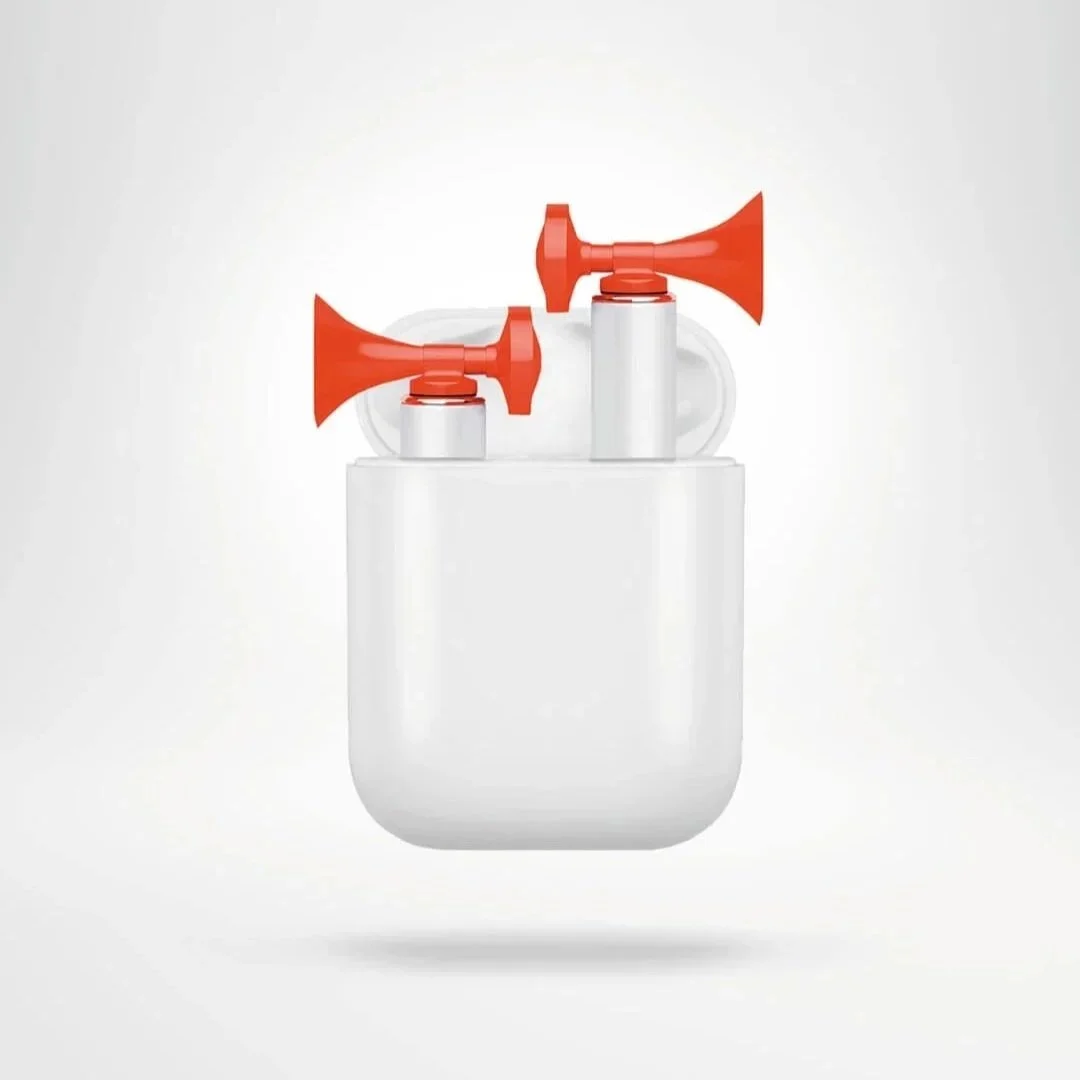New survey results present a close look at why people do—and don’t—use hearing aids.
By Yishane Lee
The EuroTrak UK 2025 national survey reveals the top reasons people delay hearing aids, along with the biggest benefits reported by those who do use hearing aids. The responses reveal insights into the decision-making process around deciding to get hearing aids, contrasted with the lived experience of those wearing them.
The British Irish Hearing Instrument Manufacturers Association (BIHIMA) collected the survey responses, comprising 567 non-owners of hearing aids, despite having a hearing loss, and 718 hearing aid owners.
“We’ve seen fantastic progress in satisfaction, app use, and daily wear time,” says BIHIMA chair Paul Surridge, as quoted in The Hearing Review. “However, when we ask why people delay getting hearing instruments, the answers haven’t changed much in three years since the last EuroTrak survey. That tells us this isn’t a technology issue, but rather a mindset issue. We believe that this mindset is still shaped by stigma, whether people realize it or not.”
Below are the consolidated, ranked lists from the survey, followed by a short summary to tie it all together.
Top Reasons People Delay or Avoid Hearing Aids
(Ranked by most commonly cited reason, combining “a reason” + “somewhat a reason”)
Hear well enough in most situations: 63 percent said this is a reason or somewhat a reason
Uncomfortable: 63 percent (tied with above, although of the 63 percent here, more—44 percent vs. 33 percent for the above—listed this as their primary reason)
Hearing loss not severe enough: 62 percent
Hearing aids do not work well in noisy situations: 58 percent
Hearing aids to not restore hearing to normal: 57 percent
Have more serious priorities: 56 percent
Cannot afford a hearing aid: 52 percent
Would be embarrassed to wear a hearing aid: 51 percent
Bad design: 50 percent
Don’t want to admit hearing loss in public: 43 percent
Source/credit: EuroTrak UK 2025/BIHIMA
Top Benefits Reported by Hearing Aid Users
(Ranked by most commonly reported benefit, combining “better” + “a lot better”)
Overall ability to communicate more effectively: 70 percent says this is better or a lot better
Ability to participate in group activities: 59 percent
Social life: 53 percent
Confidence: 50 percent
Sense of safety: 49 percent
Relationships at home: 47 percent
Sense of independence: 47 percent (tied with the above, although more—21 percent—say it’s “a lot better” compared with 19 percent above)
Feelings about yourself: 44 percent
Relationships at work: 43 percent
Mental ability: 42 percent
Success on the job: 41 percent
Mental/emotional health: 40 percent
Physical health: 30 percent
Source/credit: EuroTrak UK 2025/BIHIMA
What the Rankings Tell Us
Put simply, the reasons people avoid hearing aids don’t match the experiences of those who actually use them. Some of the top reasons— hearing “well enough” or thinking their hearing loss isn’t that severe—could be attempts to deny there is a hearing loss. Stigma is also reflected in the answers about being embarrassed to wear a hearing aid or not wanting to admit to a hearing loss in public.
As the survey results note: “70 percent of hearing aid owners feel that people never make fun of or reject them because of their hearing aids. It is more likely that somebody makes fun of or rejects a hearing impaired without a hearing aid.”
In addition, saying that hearing aids are uncomfortable, don’t work well, don’t restore hearing loss to typical levels, or are poorly designed may reveal outdated impressions of hearing aids and the advances in technology. They could also signal a lack of patience in getting hearing aids properly fitted to the patient’s unique hearing needs.
While hesitations about hearing aids are common and understandable, the reality of hearing aid use is overwhelmingly positive for those wearing them. Addressing stigma and managing expectations about hearing aid fittings will help more people experience the benefits users consistently report: better communication and confidence, stronger relationships and independence, and improved overall health and quality of life.








We are proud that Hearing Health Foundation-funded scientists are always well represented at Association for Research in Otolaryngology MidWinter Meeting.